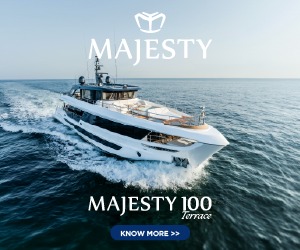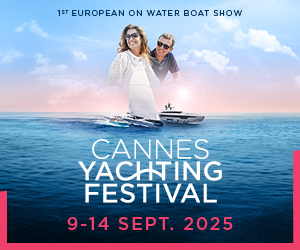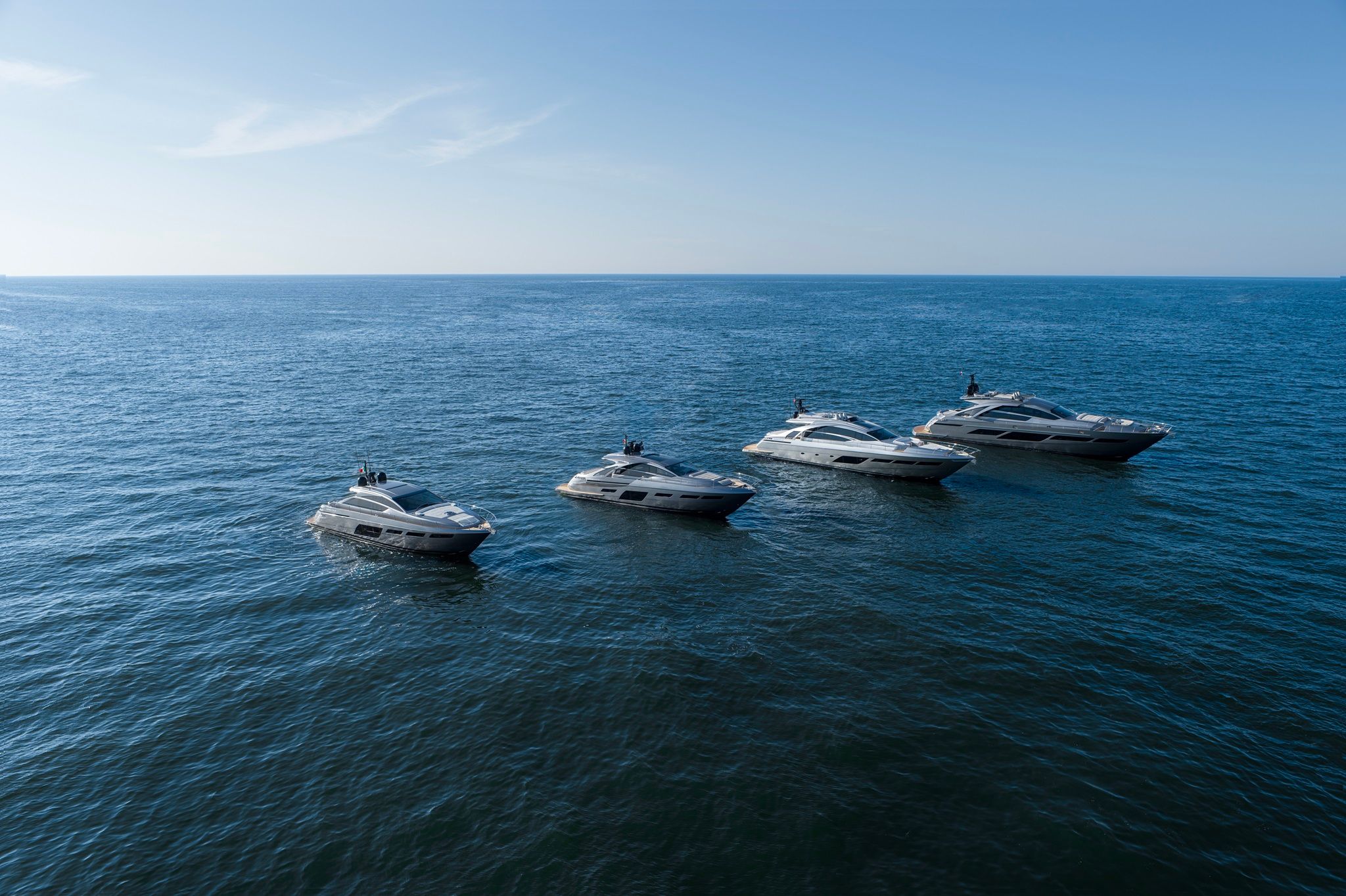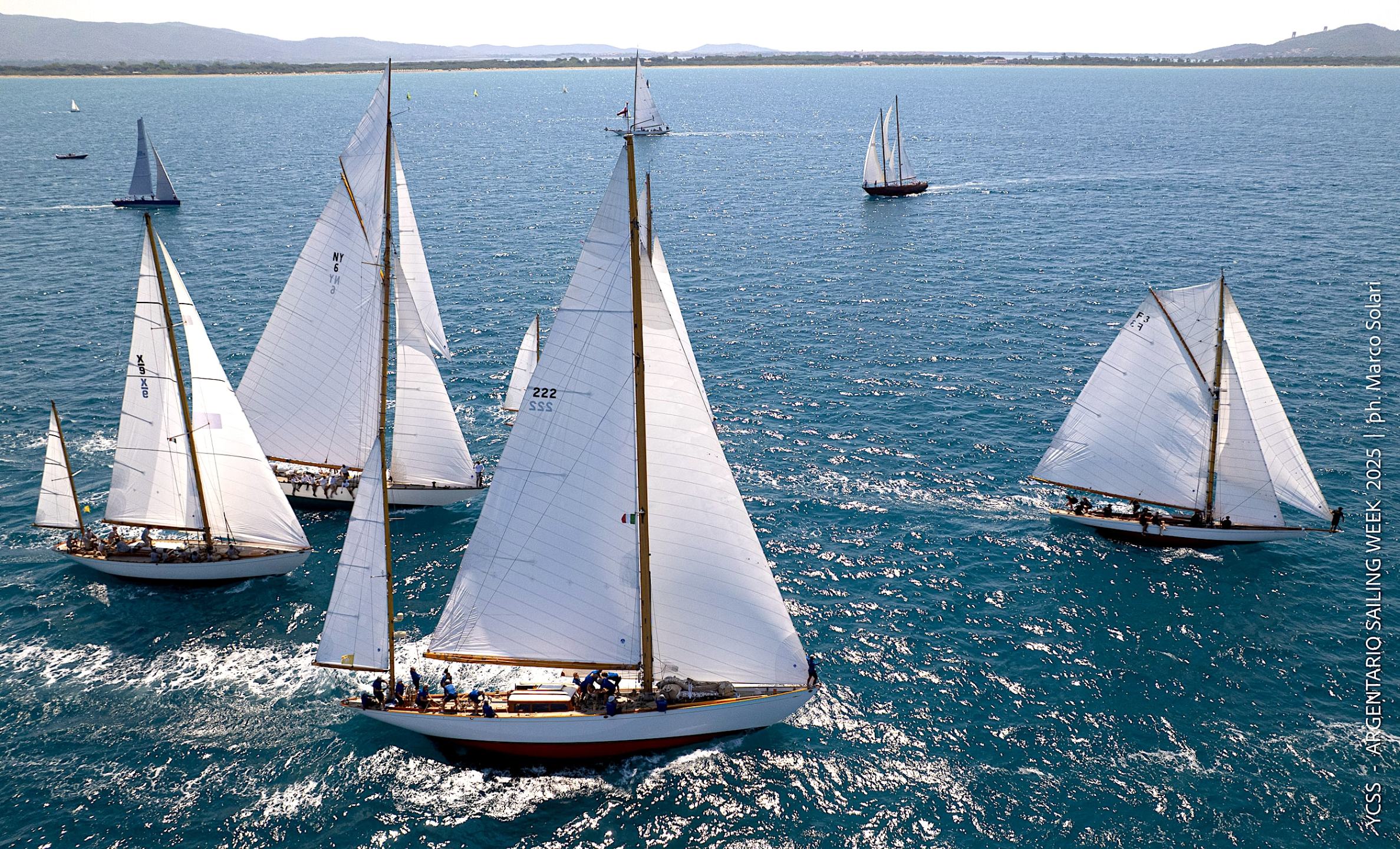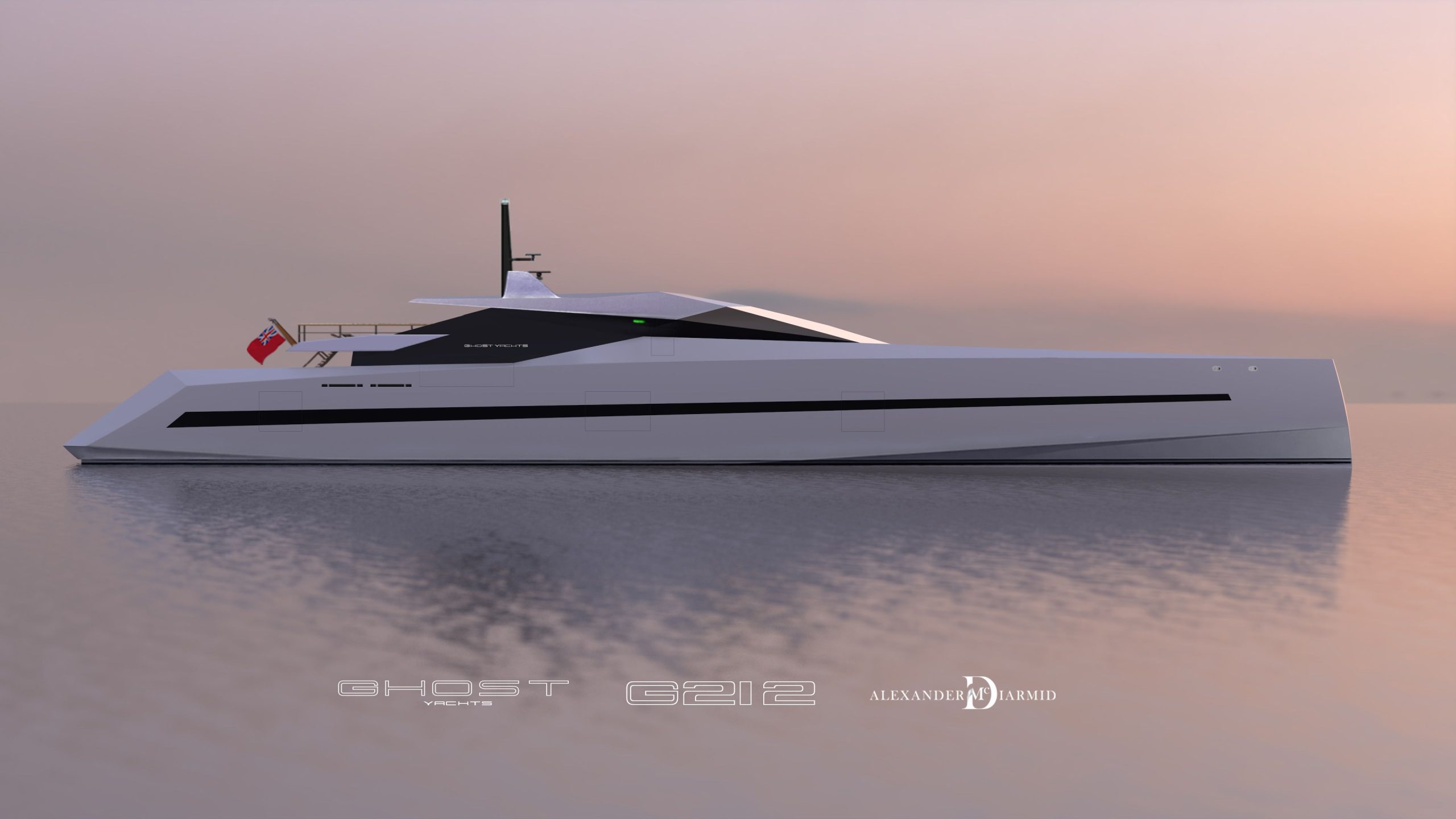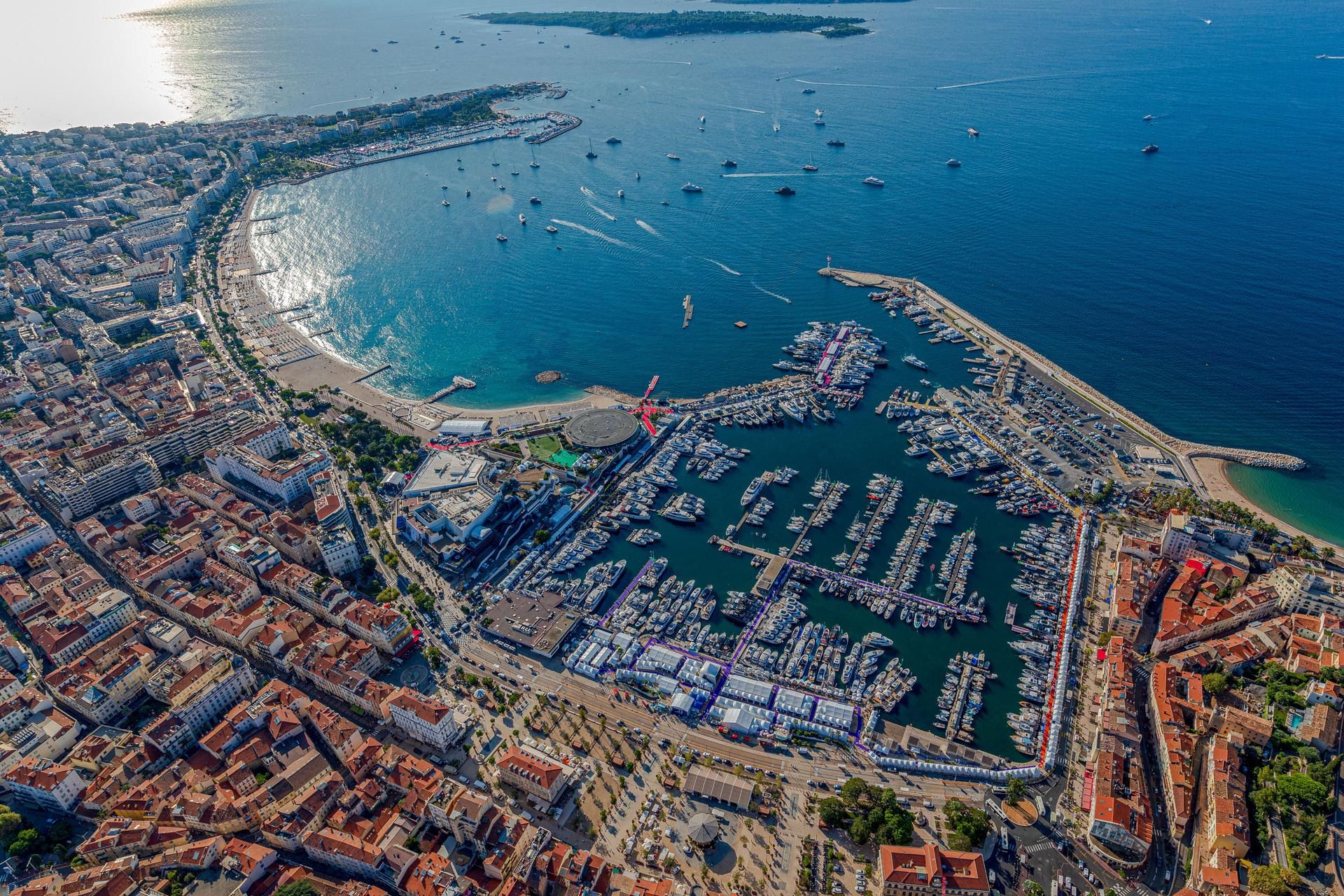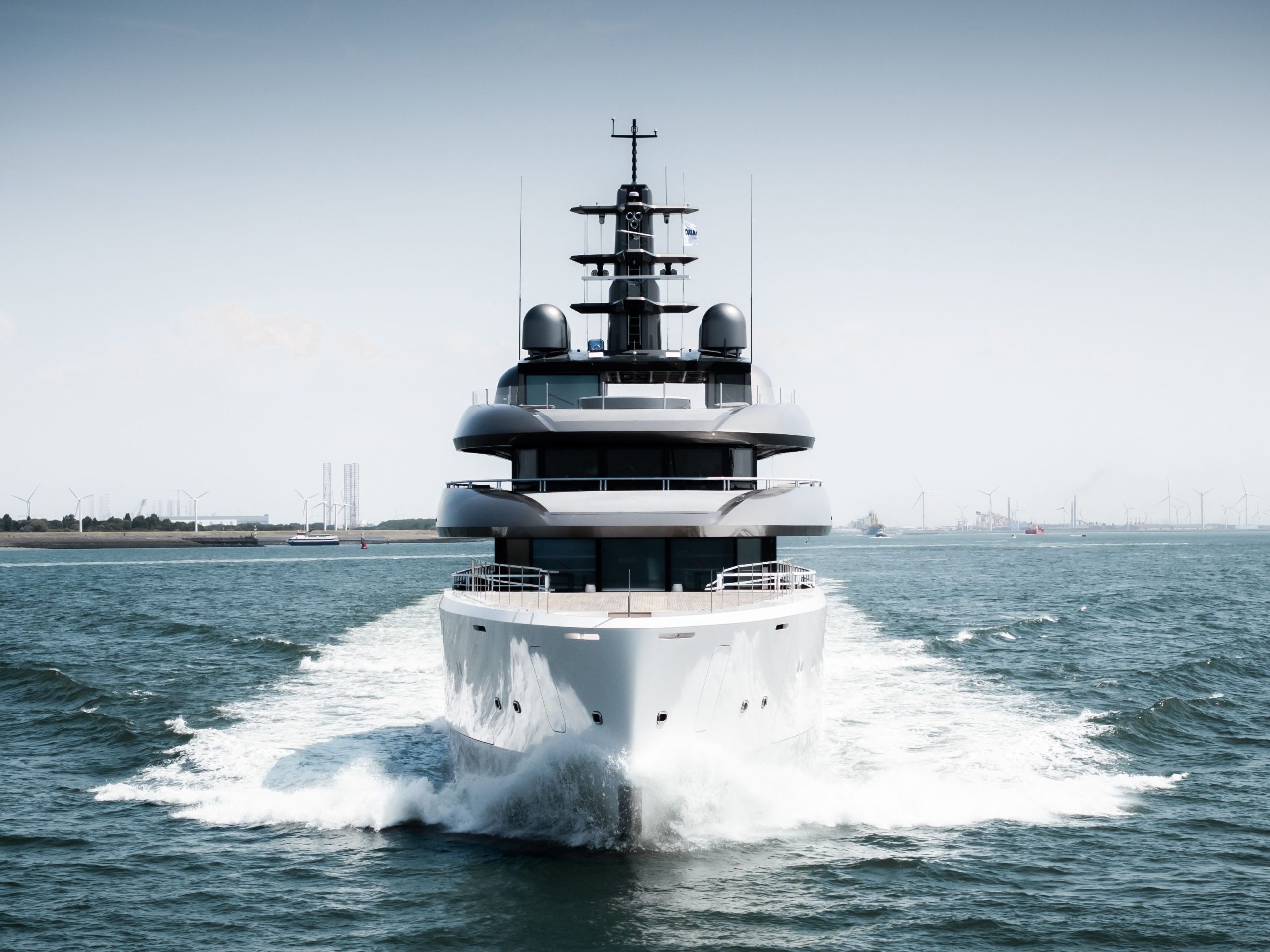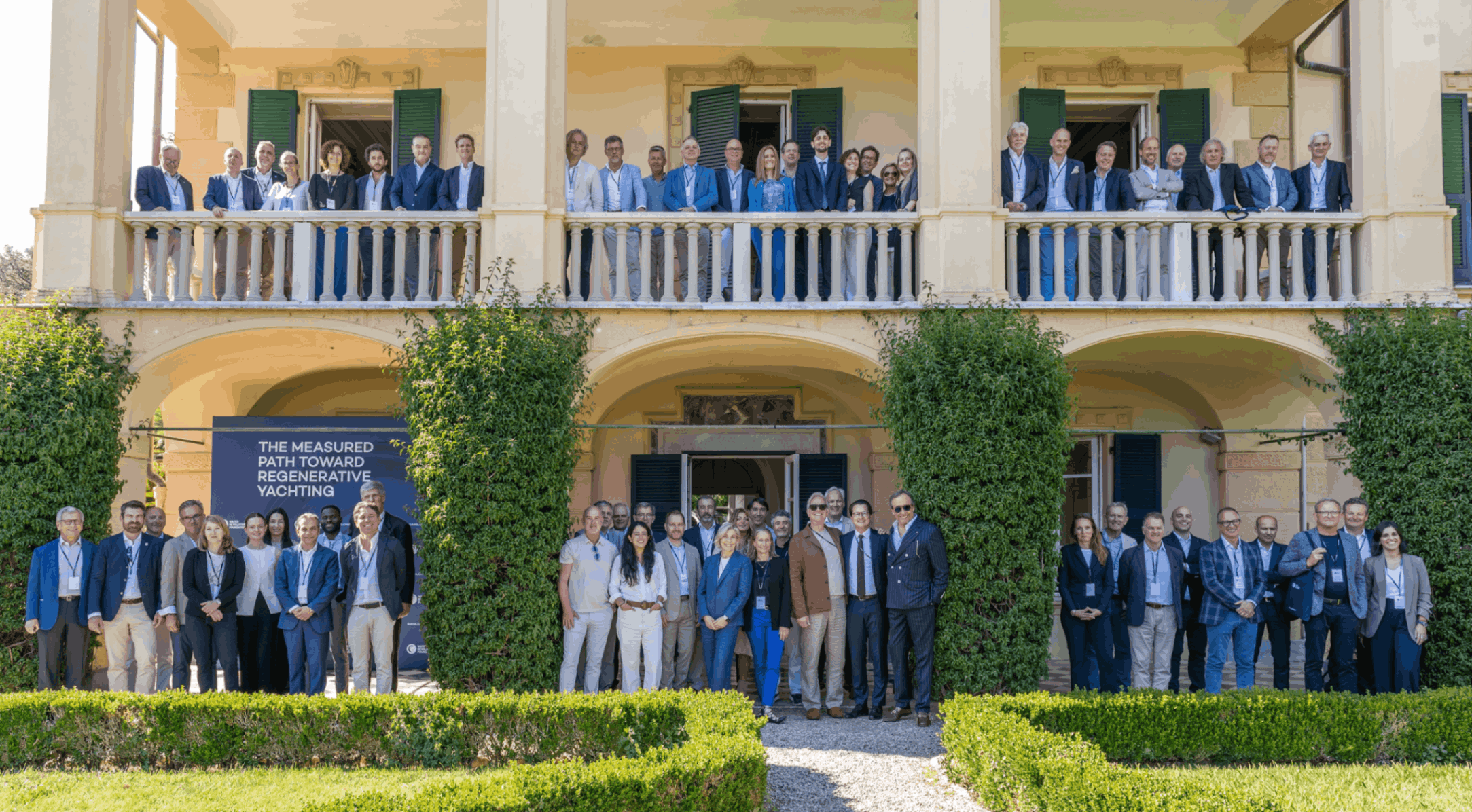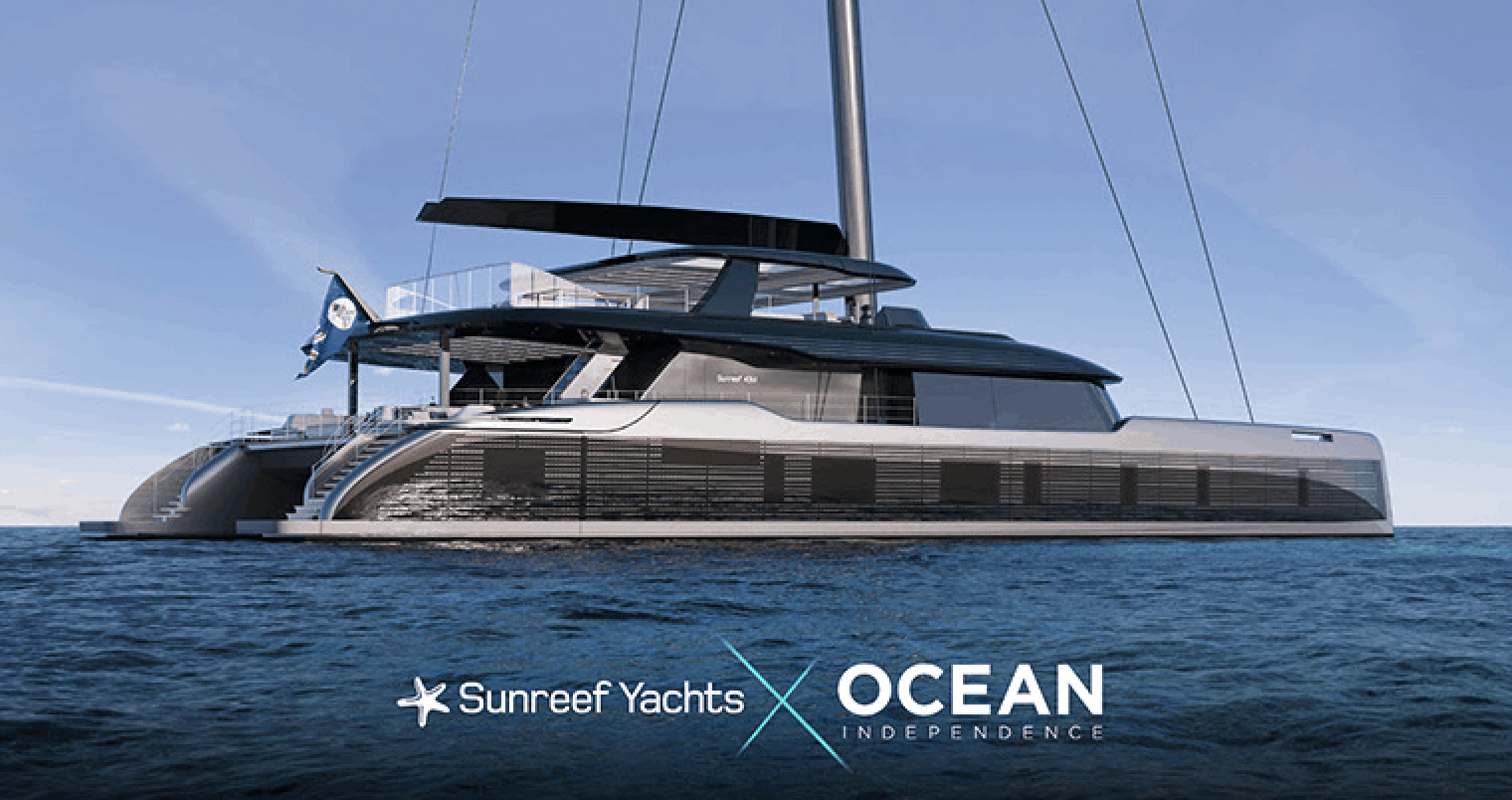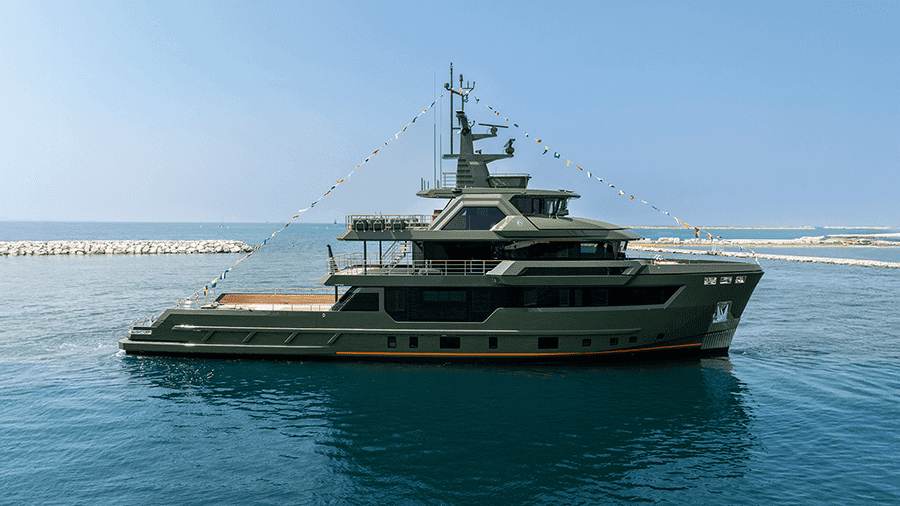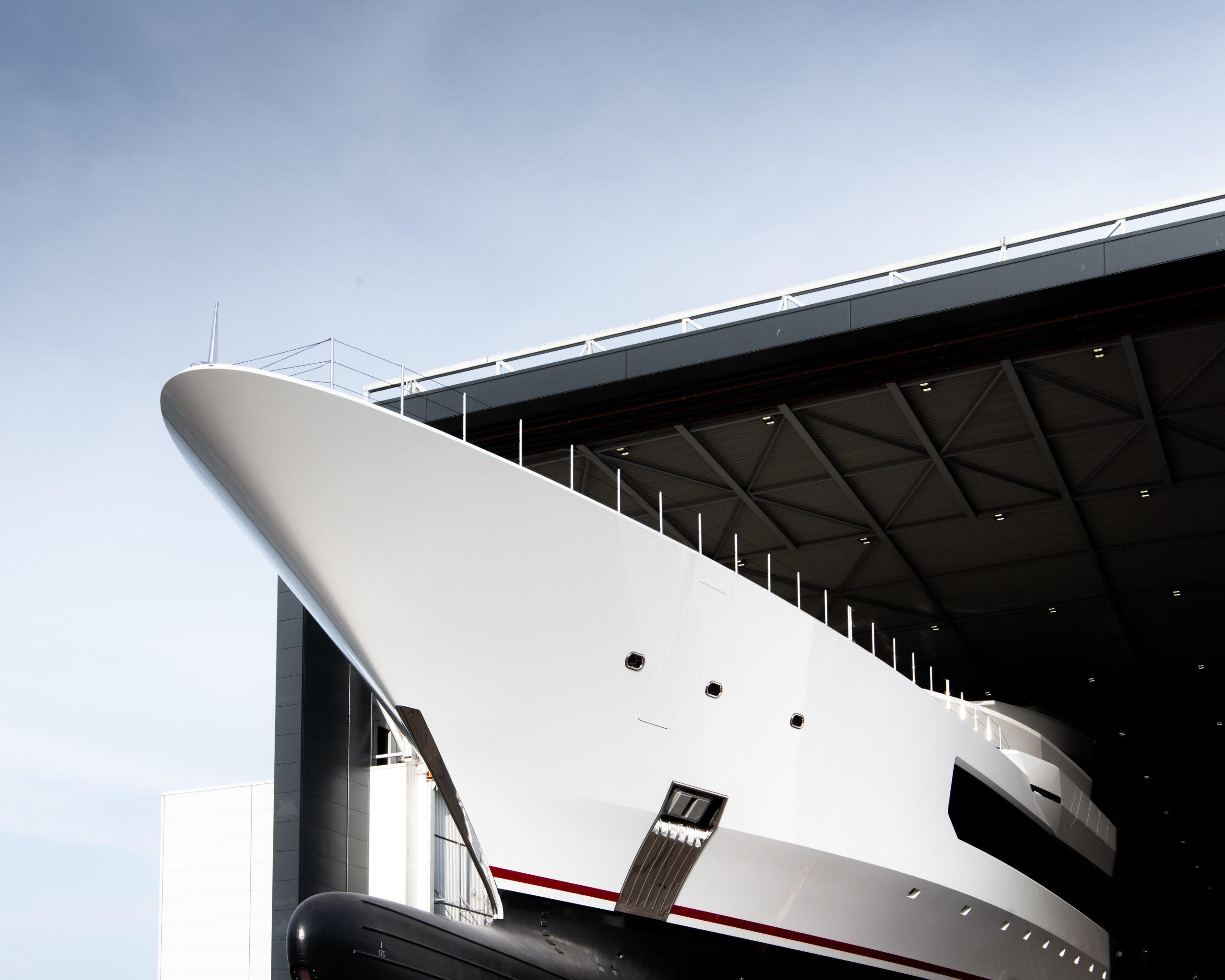9th Monaco Energy Boat Challenge 4-9 July 2022 Registrations close for the Energy Class
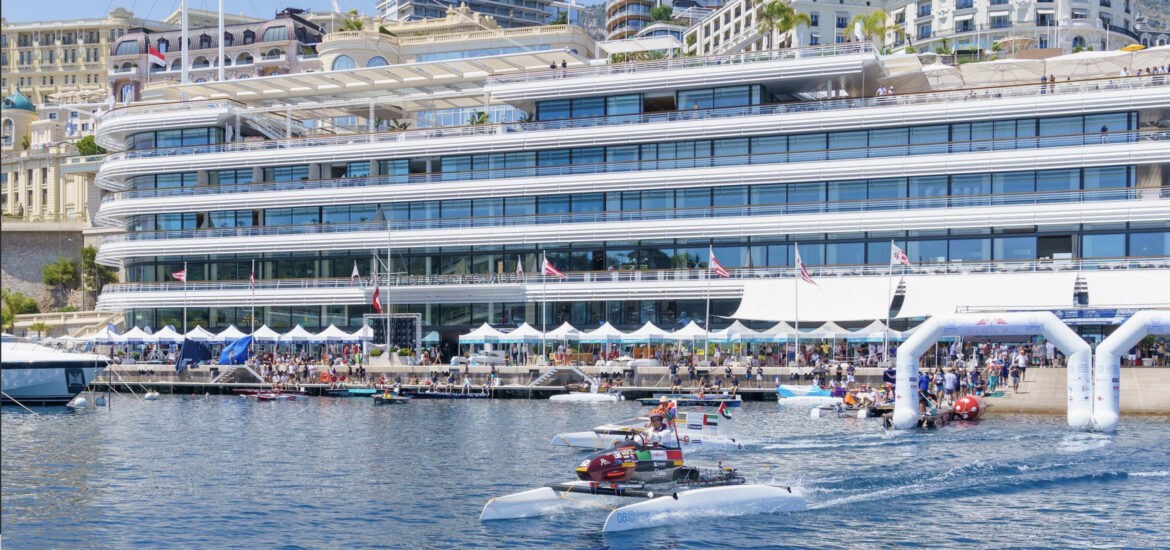
Count down begins for candidates in the Energy Class who have just completed their registration to participate in the 9 th Monaco Energy Boat Challenge (4-9 July 2022) organised by Yacht Club de Monaco alongside the Prince Albert II of Monaco Foundation. Synonymous with eco-responsibility, this meeting is a chance to tackle environmental and technical issues head on with eco alternative propulsion systems.
“Safeguarding the environment and promoting the most innovative technologies is our responsibility,” says Yacht Club de Monaco General Secretary Bernard d’Alessandri, and “very much in line” with the Monaco Capital of Yachting project, as he explains: “This approach is what sets Monaco apart as a place that is not only affirming its position as a centre of excellence but also spearheading Responsible Yachting”.
YCM has a mission to drive a new vision for yachting, as an R&D incubator for the sector, by stimulating the creativity of tomorrow’s engineers and professionals regards all forms of propulsion using clean energy.
For the Energy Class, the Technical Committee has just announced the definitive list of participants, while in the Solar Class – for boats powered solely by the sun – contestants have until 31st March 2022 to submit their applications. For the third and final category, the Open Sea Class for technology that already exists or is about to go on the market, the deadline is 1st May for non-CE approved boats and 1st July for CE-approved boats.
Energy Class: 16 projects, 10 nations, including three new teams for 2022
Sixteen teams were selected from their application files for the Energy Class. Launched in 2018, for this class the organisers supply the same design catamaran hull to all contestants who select a zero-emission energy source and design a propulsion system, with the sole constraint of using a pre-set quantity of energy of 10kWh. Some have become regulars like the teams from Arts & Métiers and SBM Offshore.
Alongside countries like Indonesia, Monaco, France (best represented with five teams), Greece, Italy, Portugal, United Arab Emirates and China, this year sees teams from Canada and India participating for the first time, represented by the Montreal Polytechnic and Kumaraguru College of Technology, respectively.
It clearly means a great deal to these contestants, as Professor Kiranlal from Kumaraguru College of Technology explains: “At Sea Sakthi, we have previous experience in the automobile field, participating in a number of national events on behalf of our institute. Recently, we have turned our attention to electric mobility. We’re helping our nation be carbon neutral by 2070 as India pledged at COP26. It’s the Sea Sakthi team’s main motivation. The Monaco Energy Boat Challenge is a catalyst for change. It’s an opportunity for students like ours and the industry to innovate and go beyond limits. It is an honour and pleasure to be participating in this event. We can measure our progress against others from across the world, which is a challenge we relish. At Sea Sakthi we come from a nation named after an ocean and are sure to conquer the waves!”. The same goes for Pascale Bérubé from the Montreal Polytechnic who says: “To participate is already a big success for Exocet and the culmination of all our hard work. As this student group began the project during a pandemic, it’s been a long hard road. Despite moments when we felt like we were swimming against the tide, we persevered and this success is all the more encouraging. We are very excited by the idea of sharing our ideas to improve tomorrow’s maritime transport, a cause dear to our hearts”.
Another newcomer for 2022 is the Polytechnico Milano from Italy. Eight of the 16 teams, that’s 50%, are working with hydrogen and its usage in the yachting industry is also being tested in all these projects.
“Each team’s technical data has been examined with a tooth comb,” explains Jérémie Lagarrigue, CEO of EODev who heads the Technical Committee. “The Committee comprises five experts who follow the competitors yearround and answer their technical questions. It is extremely important that the Committee examines each team’s specifications to ensure best safety practices and fair play during the competition in Monaco. All teams receive a set of guidelines for building their cockpit within strict regulations relating to energy and safety onboard”.
New regional qualifications
The Energy Class has been such a success that YCM is opening up qualifier events on other continents like China which in 2023 will host the first regional qualifications in Sanya. The three best teams will automatically qualify to compete in Monaco for the finals. An opportunity to organise a similar event in the United Arab Emirates is also under review.
10kWh – raising the energy bar
Updated rules for this year has increased the energy allowance to 10kWh. Teams have seized the opportunity to build faster boats, with some moving from single to dual motors, with an eye to beating the Energy Class speed record set in 2021 of 13.589 knots by the UNIBOAT team.
Eco Conception Prize: life cycle assessment
The Monaco Energy Boat Challenge has renewed its intention again this year to put sustainability at the heart of the event with its Eco Conception Prize. The idea is to push teams to perform a 360° project analysis from design to completion and beyond. Recycling or a second life for a boat is a chance for teams to think hard about the industry’s future.
Foretaste of Monaco Ocean Week At Monaco Ocean Week in March, a Prince Albert II of Monaco Foundation initiative, alongside the Monaco Oceanographic Institute and CSM (Centre Scientifique de Monaco), Yacht Club de Monaco is organising Rencontres du Monaco Energy Boat Challenge on Thursday 24th March, a conference on the theme: ‘Sustainability and the added value of a Zero Emissions goal’. Representatives of shipyards, brokers, insurers, naval architects and yacht managers, all involved in the superyacht industry, will take the floor to debate perception of the market and value of yachts designed to be as eco-responsible as possible. The impact of new boats as well as the second-hand resale value will also be discussed.












